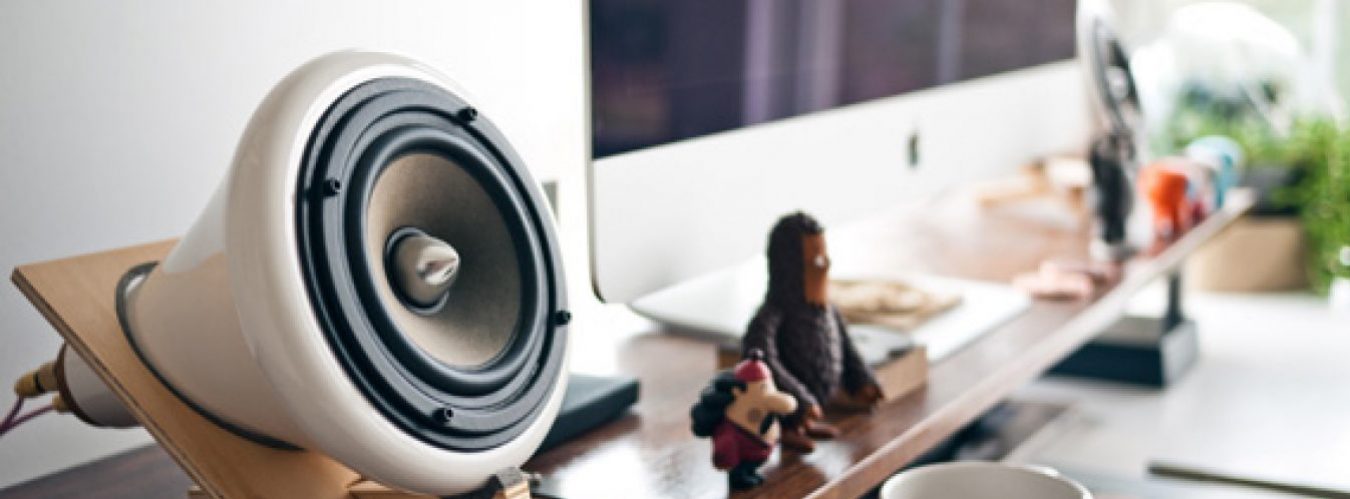There’s a version of healing that looks suspiciously like self-erasure. Not growth. Not integration. Just a slow sanding down of everything that once made you vivid. Sharp edges, moods, protective instincts, inconvenient intensity. Gone. In their place: a gentle smile, a stack of affirmations, and a suspicious amount of chamomile tea.
We’ve turned healing into a lifestyle. Branded. Curated. You can post it. You can monetize it. You can build an identity around your trauma as long as you’re working hard enough to “rise above it.” You can now buy a candle, a journal, a retreat, and a wardrobe, all branded with the idea that you are a person in the process of healing.
This isn’t a criticism. I like candles and journals. Actually, I don’t. But I’ve noticed something strange: the more we talk about healing, the more it sounds like an endpoint. As if there’s a version of you you’re supposed to arrive at — calm, centered, emotionally fluent, past all your mess — and anything less than that is unfinished. Immature. Unworthy.
I’m suspicious of that.
Because the people I’ve met who’ve built remarkable lives aren’t always the most healed. They’re the ones who learned how to live with the damage. They didn’t let it rot them. But they didn’t sand it down into some bland, vanilla version of themselves either. They learned how to move with weight, not pretend it wasn’t there.
I’m no stranger to trauma. I’ve had things happen that I will never fully unpack. Pain I don’t always want to process. But I don’t aspire to float through life with serene detachment. I want to care, fiercely. I want to burn sometimes. I want to be someone whose past didn’t get filed away, but metabolized into instinct. Fast, accurate, and occasionally unsparing. That’s not unhealed. That’s evolved.
Some of the people I trust most aren’t “healed.” They’re just honest. They know where the fractures are. They’ve stopped pretending. They’ve built functional lives without pretending to be untouchable. And because of that, they are.
This obsession with getting better — as if there’s a final draft of the self where nothing bleeds, nothing slips, nothing cracks — is cruel. Some wounds don’t close. Some shouldn’t. Some are reminders. Some are armor. Some are fuel.
Healing, if it’s real, should make you more yourself. Not less. It should sharpen your language, not sterilize it. Expand your range, not dilute your presence. If it turns you into someone easily explained, you’re doing it wrong.
So yes, heal. But not to become someone else. Heal so you can hold your own story with both hands and still walk forward. Heal so you can build a life that fits, even if it doesn’t always look clean.
And if you never reach “fully healed,” that’s not failure. That’s just being human.

